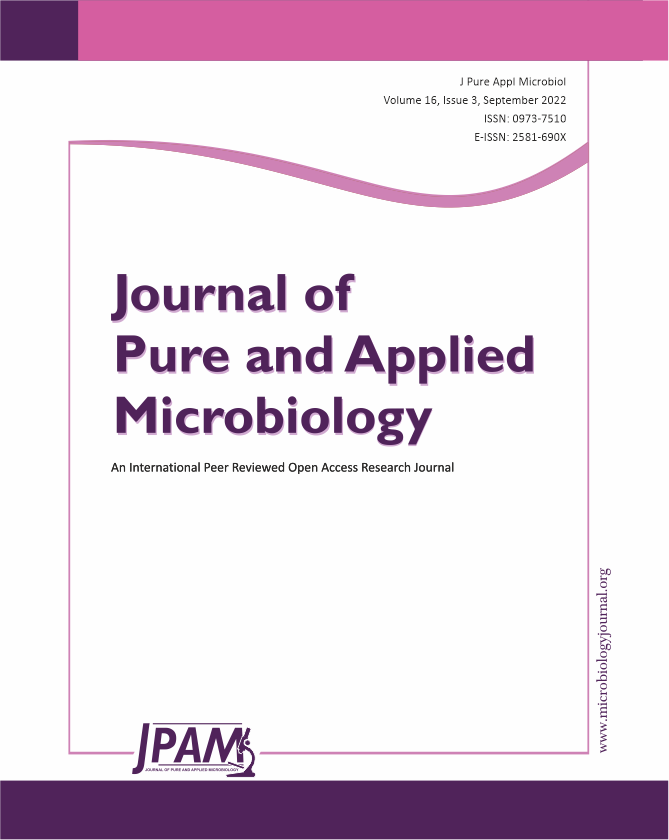Like elsewhere around the globe, SARS-CoV-2 infection is spreading in rural Egypt. Due to high sensitivity and specificity, the gold standard of diagnostics is reverse transcription polymerase chain reaction PCR (RT-PCR). Rural areas without access to certified laboratories cannot take advantage of RT-PCR testing, and thus are dependent upon rapid antigen testing, a point-of-care test that requires less training and can produce results within 15 minutes. Rapid antigen testing can give an advantage to medical teams in rural settings by affording effective and early control of SARS-CoV-2 infection spread. We sought to assess the contribution of different COVID-19 testing procedures in rural Egypt. We conducted a prospective cohort study in a rural lab in Giza, Egypt. Approximately 223 individuals with potential SARS-CoV-2 infection were involved in the study during the pandemic peak in Giza, Egypt, from March 4 – May 30, 2021. Subjects were subjected to RT-PCR and rapid antigen testing, and the performance of each testing procedure was compared. Between March 4 – May 30, 2021, approximately 223 symptomatic individuals were included in this study. 190 patients (85.2%) were indicated as PCR positive for SARS-CoV-2, while 33 (14.8%) were PCR negative. In comparison, a rapid antigen test showed 178 out of 223 patients (79.8%) were indicated as positive, or 94% of the PCR-positive individuals. In Giza, a rural area of Egypt, RT-PCR had an optimal balance of sensitivity and specificity, however, the turnaround time was a limiting factor. Antigen testing, performed as a rapid point-of-care test, can play an effective role in rural outbreak control due to its ease of use and rapid results.
SARS-CoV-2, COVID-19, Antigen Testing, Rural, RT-PCR
© The Author(s) 2022. Open Access. This article is distributed under the terms of the Creative Commons Attribution 4.0 International License which permits unrestricted use, sharing, distribution, and reproduction in any medium, provided you give appropriate credit to the original author(s) and the source, provide a link to the Creative Commons license, and indicate if changes were made.


